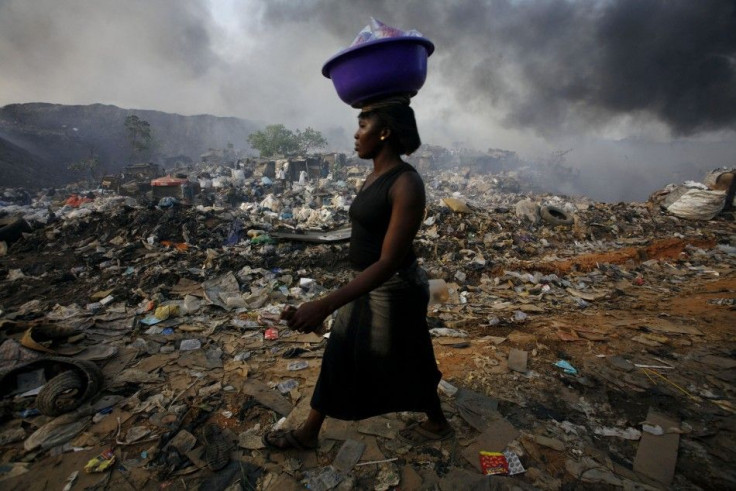Britain’s Aid To Nigerian Schools Have Failed: Report

Britain, which appears to be re-thinking its many financial aid packages to Africa, received more bad news on that front.
A UK-based overseas aid watchdog determined that $162 million spent over the past seven years to improve Nigerian schools and enroll more girls in the country’s education system have largely failed.
"Our review indicates no major improvement in pupil learning ...with no likelihood of Nigeria meeting its Millennium Development Goal for primary education," said the London-based Independent Commission for Aid Impact (ICAI).
"We are concerned by the very high numbers of out-of-school children and the very poor learning outcomes in nine of the 10 Nigerian states supported by [the government’s Department for International Development] Dfid … Our review indicates no major improvement in pupil learning."
The primary problems associated with Nigerian schools, the commission asserted, were a paucity of qualified teachers, weak infrastructure and haphazard state funding.
However, the DFid countered that ICAI based its findings on a very narrow selection of Nigeria's schools.
"They [ICAI] did not take into account the most recent evidence of the projects' progress," said a spokesman for the department.
Indeed, Reuters noted that the British government is committed to spend another 126 million pounds ($201 million) over the next seven years to upgrade Nigerian school.
That may not go over very well with Conservative MPs, who are demanding that Prime Minister David Cameron scale back overseas aid while domestic Britain suffers deep public spending cuts.
According to the CIA World Factbook, 61.3 percent of Nigeria’s population is literate, but only one-half of the nation’s females can read and write.
© Copyright IBTimes 2024. All rights reserved.











